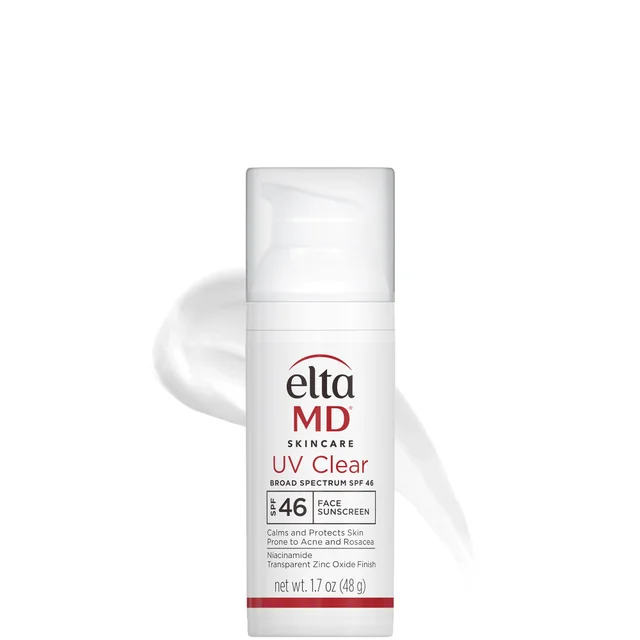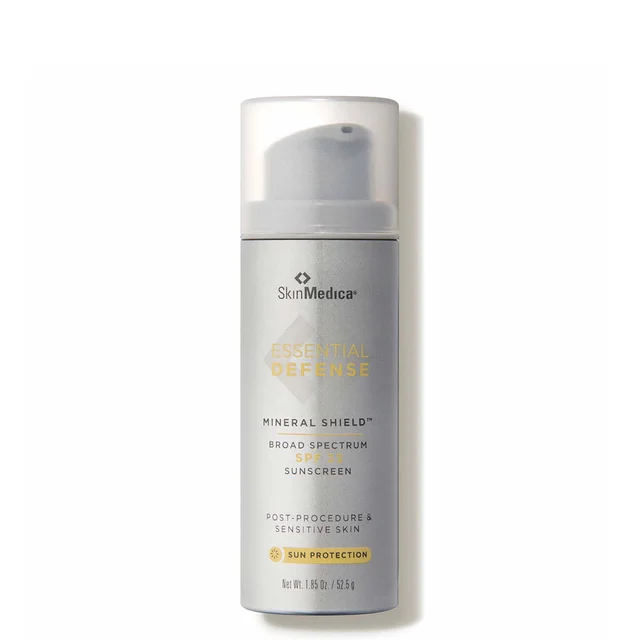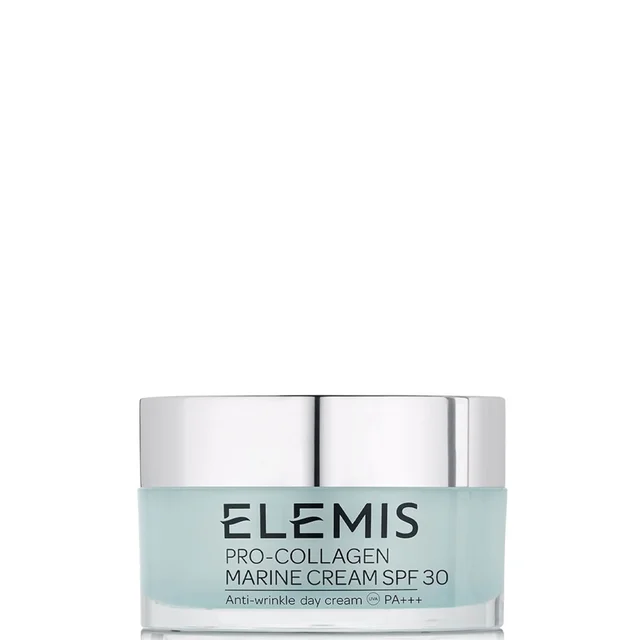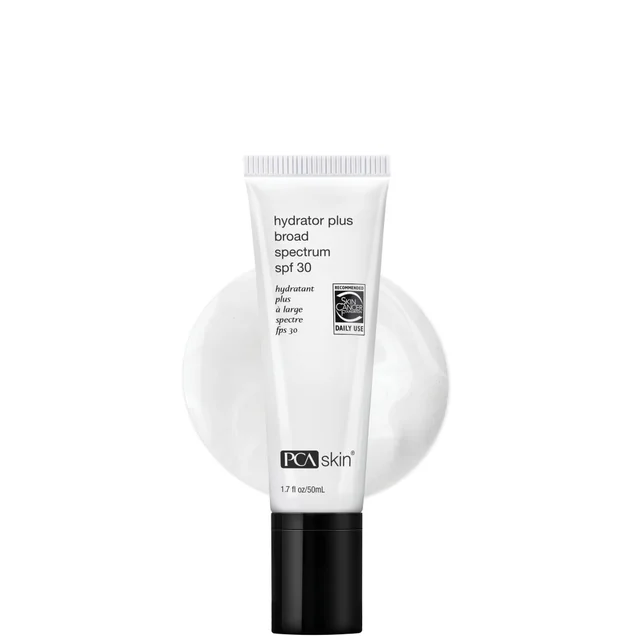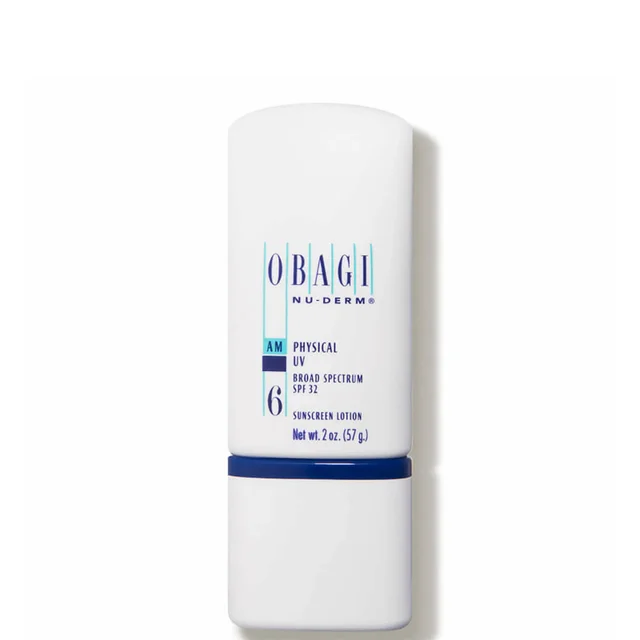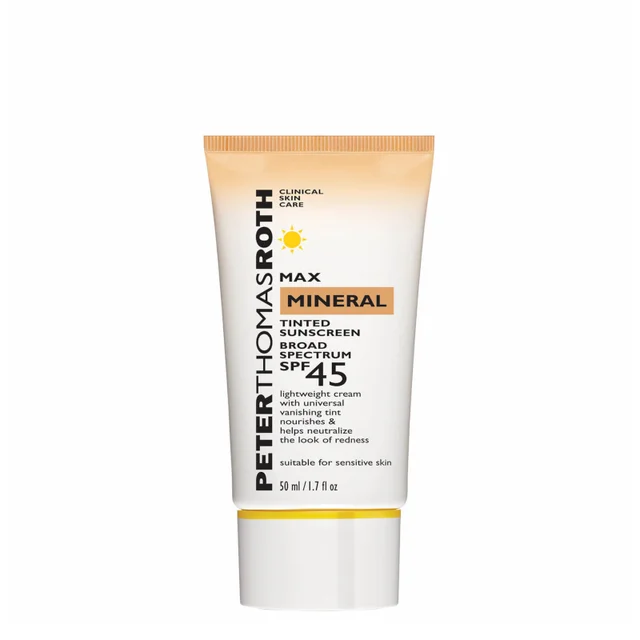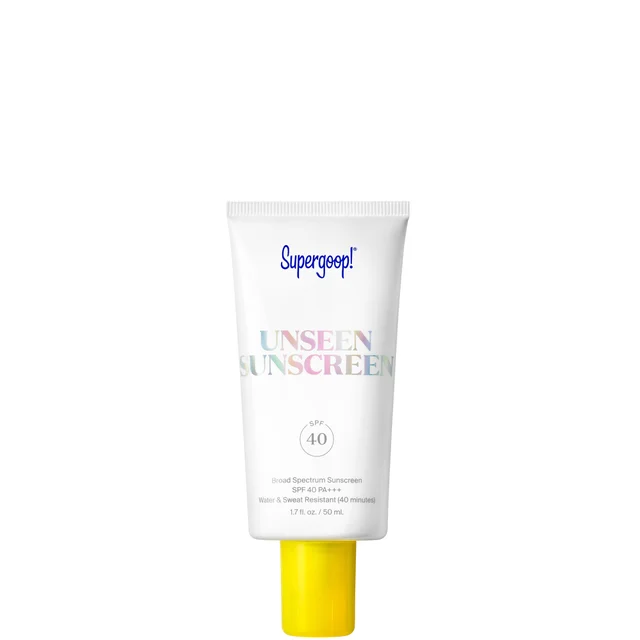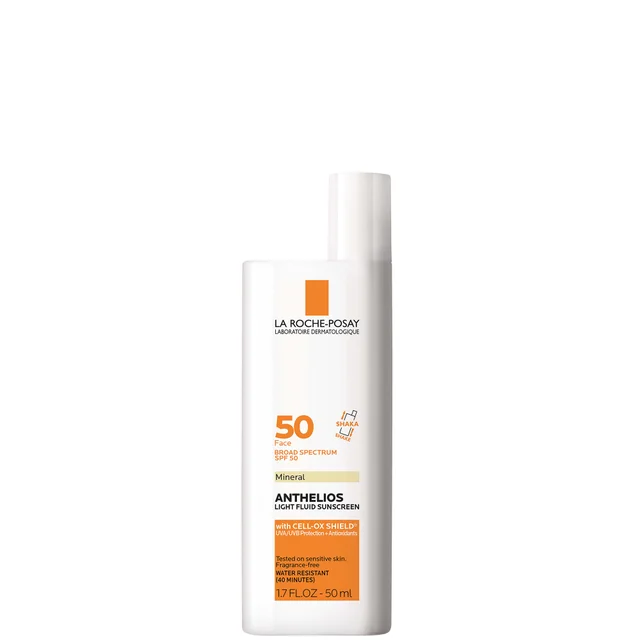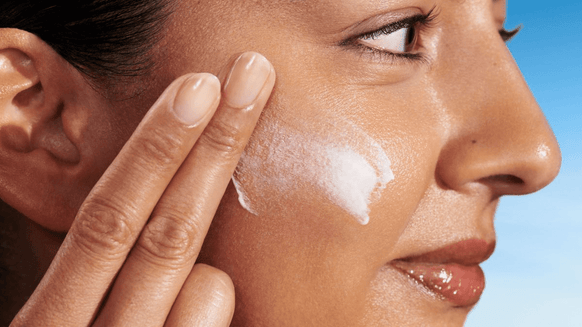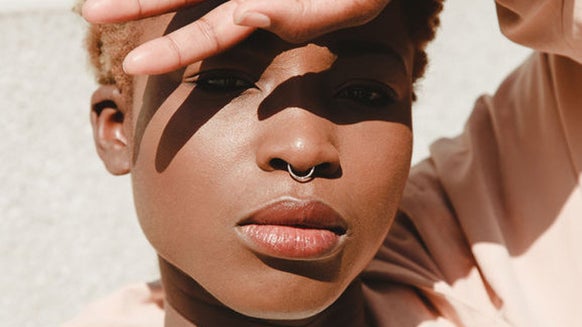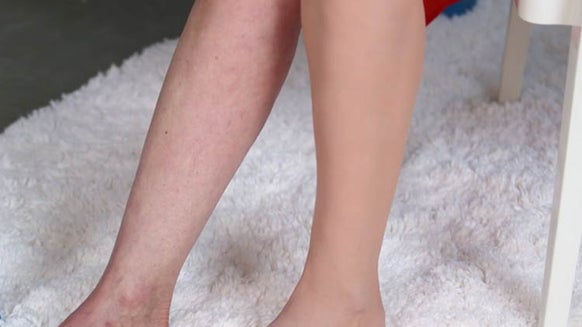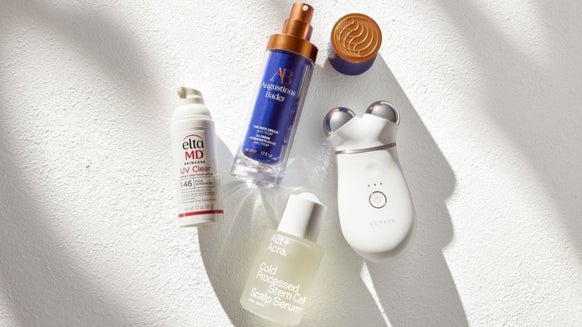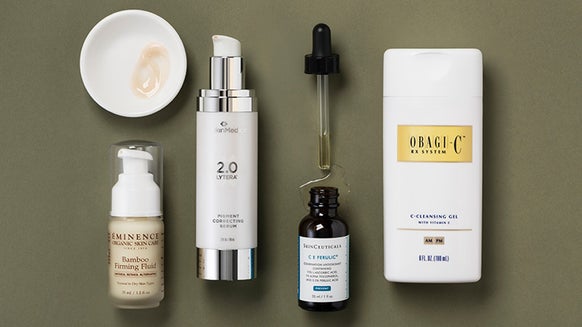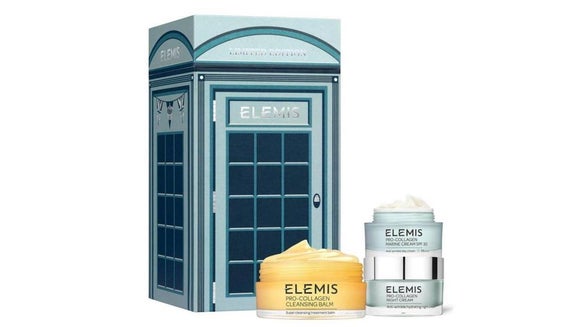UV Defense: Exploring the Importance of Daily Sunscreen Use
No matter the day, weather, season, or environment, you should never go without applying sunscreen to your skin. Daily use of sunscreen is paramount, particularly if you want to keep your skin looking good and as healthy as possible for the long term. But without sunscreen and ample sun protection, the skin easily falls victim to burning, aging, and even skin cancer-producing UV rays, compromising the skin's integrity and appearance in more ways than one. So, if you really want to know why wearing sunscreen is imperative year-round, we have all the answers you need—and more—ahead.
Table of Contents:
- Why Is It Important to Wear Sunscreen?
- Do You Really Need Sunscreen Every Day?
- What Happens If You Don't Use Sunscreen?
- What Are the Pros and Cons of Sunscreen?
- The Bottom Line
Why Is It Important to Wear Sunscreen?
Not a day should go by where you don’t wear sunscreen. These are the main reasons to wear sunscreen daily.
It Protects Against Harmful UV Rays
The main reason to wear sunscreen is that it acts as a protective shield between your skin and the sun, providing a layer of much-needed protection against both UVA (responsible for aging the skin) and UVB (known to cause sunburns) rays. Leaving the skin unprotected yet exposed to the sun can also lead to premature aging, photodamage, and an increased risk of skin cancer.
Any good sunscreen boasts an SPF (sun protection factor) of at least 30 or higher, although you can find SPFs that are far lower than that. SPF is a number that specifies how well the sunscreen can filter out the sun's harmful UV rays. The higher the SPF, the more protection there is.
Related Article: Decoding Sun Protection: What Does SPF 50 Really Mean?
It Helps Prevent Sunburn and Skin Damage
The importance of sunscreen is multifaceted, but if you want to keep your skin looking young and youthful, then you need to wear sunscreen daily. Every dermatologist and skin expert will agree that wearing sunscreen daily will help prevent sunburns, redness, inflammation, premature aging, and photodamage caused by the sun. You don't need to bake outside in the sun for UV rays to penetrate the skin and wreak havoc. And the more unprotected sun exposure your skin incurs, the more long-term skin damage it suffers from.
Using sunscreen every day can also help prevent long-term skin damage, such as wrinkles, fine lines, and dark spots. Most skin and age-related changes are a direct effect of sun exposure, and wearing sunscreen every day is the easiest way to prevent them from occurring. It's also hands down the best anti-aging product to help keep the skin youthful, slow the signs of skin aging, and keep the skin's protective barrier well protected.
A Reduced Risk of Skin Cancer
Failure to protect the skin from sun exposure is a known risk of increased skin cancer; scientific studies correlate the two. That's why wearing sunscreen every day is vital to prevent skin cancer. Unfortunately, the research does not lie, and statistics show that one in five Americans will develop skin cancer by age 70. The simple act of protecting your skin daily with sunscreen can drastically reduce your risk of skin cancer, particularly melanoma, which is the deadliest form of skin cancer, especially if you spend a lot of time outdoors. To make the most of your sun-protecting efforts, wear sunscreens with a higher SPF to reduce exposure to the sun's damaging rays.
Do You Really Need Sunscreen Every Day?
No matter where you live, the weather outside, the season, or the time of year, wearing sunscreen 365 is an absolute must.
UV Exposure is Present Even on Cloudy Days and Indoors
While you may think that the sun poses no threat to your skin on cloudy or work-from-home days, the truth is that UV rays are powerful. They can penetrate through the clouds—even on the coldest and snowiest of winter days—and even windows in your car and home, causing unsuspecting skin damage. For this reason alone, you never want to leave your skin unprotected from the sun, and you should always wear sunscreen and reapply it even when you are inside your house or the weather forecast calls for an overcast or snowy day since approximately 80% of UV rays can pass through the clouds and penetrate the skin. Plus, the blue light emitted from your computer, phone, or television screens and overhead lighting can also cause skin damage, so ensuring your skin is well protected with sunscreen can also help prevent skin damage caused by these factors.
Not Wearing Sunscreen Daily Leads to Cumulative UV Damage
UV-related skin damage isn't the result of forgetting to wear sunscreen one day here and another day there. The visible effects of the sun accumulate over time with repeated exposure, which is why it often takes years for the effects to show on the skin.
If you're not wearing sunscreen daily, you run the risk of causing premature damage to your skin's elastin and collagen levels as well as the skin cells themselves. The more damage that the skin incurs, the more likely it is for discoloration, age spots, fine lines and wrinkles, and texture changes to appear. While some people may see the effects of the sun on their skin sooner than others, much of that can be mitigated simply by daily sunscreen use.
What Happens If You Don't Use Sunscreen?
Rather than risk your skin's health and chance what will happen if you go unprotected from the sun, safeguard it and keep it clear by wearing sunscreen every day.
The Short-Term Effects of Sun Damage
There's a lot of damage the sun can do to the skin in the short and long term. Spending too much time in the sun without wearing enough sunscreen (and reapplying it) can easily cause the skin to burn and turn red. When a sunburn surfaces, which can be just a few short hours after exposing unprotected skin to the sun, the skin may also feel uncomfortable, hot to the touch, sensitive, and itchy, and it can even blister and peel, the latter two being the sign of more severe sun damage.
The Long-Term Effects of Sun Damage
If you think that the effects of a sunburn are long gone after the skin heals, guess again. The long-term effects of sun damage continue to prevail months, if not years later, and often cause visible changes to the skin. Some common signs of long-term cumulated sun damage include premature aging, photodamage, wrinkles, pigmentation, a loss of elasticity, and an increased risk of skin cancer.
It's important to wear sunscreen daily to keep the skin healthy and looking its best while limiting the effects of UV rays. This will drastically reduce the adverse effects of the sun and help maintain healthy, youthful skin.
What Are the Pros and Cons of Sunscreen?
You'll be hard-pressed to find a skin care expert who will tell you that the risks of not wearing sunscreen outweigh the benefits, but there are some things to know about wearing sunscreen and finding a good one for your skin type.
The Pros
- It is the number one way to protect your skin against skin cancer, sunburns, and premature aging
- Wearing sunscreen daily can protect your skin from blue light damage
- Protected skin is less likely to experience discoloration and hyperpigmentation and a more even skin tone
- Some experts point to sunscreen to help lighten and fade existing scars
- It helps enhance your skin’s overall health, keeping it looking fresh and youthful
The Cons
- The wrong formulation can potentially irritate the skin, leading to burning, itching, and stinging
- It can clog the pores and lead to breakouts
- There may be a greasy or oily residue post-application
- Some chemicals are found in some formulations, causing people to avoid wanting to use them
- A white cast on the skin
Finding the proper sunscreen formulation that works for your skin is essential to ensure it becomes part of your daily skincare routine. Choose between mineral and chemical sunscreens, tinted and regular versions, and always select one that is compatible with your skin type.
The Bottom Line
No skin type or skin color is immune to the effects of the sun—both in the short term and with prolonged exposure—so it's critical to wear sunscreen every day regardless of the weather or season. Leaving your skin unprotected and more susceptible to the effects of the sun's damaging rays can easily compromise its health and appearance.

Elise Minton Tabin is an award-winning beauty journalist, editor, and beauty expert with more than 16 years of experience. She previously held the title of Executive Beauty Editor at NewBeauty magazine, where she reported on beauty, plastic surgery, anti-aging, health and wellness. She was also instrumental in the launch of the beauty supplement brand Hush & Hush. A self-professed beauty junkie and retinol and sunscreen pusher, Elise knows what’s new, what works and who’s the best to go for every procedure under the sun. Follow Elise on Facebook, Instagram, and on her beauty blog, elisetabin.com
